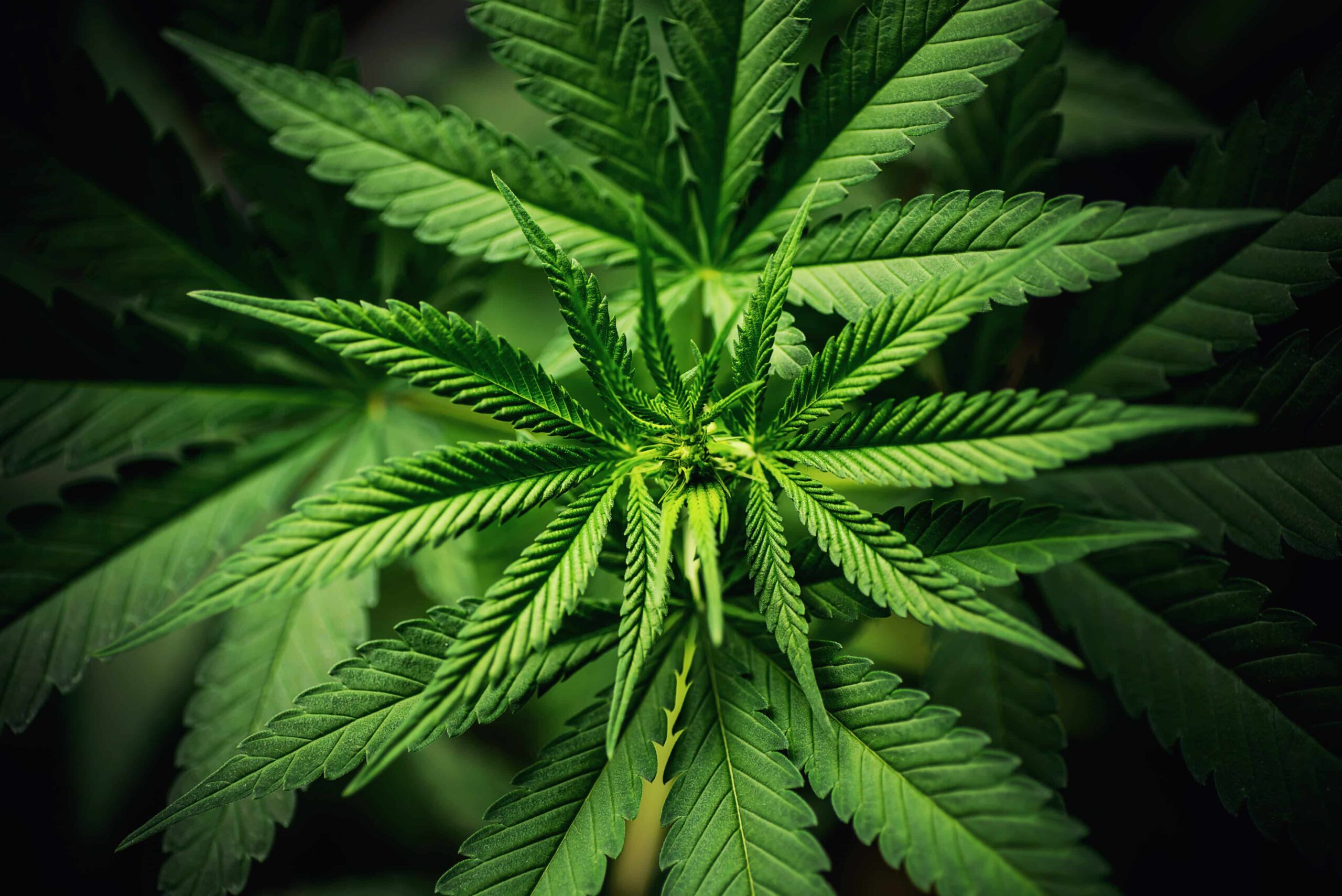
Minnesota House approves cannabis legalization bill for adult use
The Minnesota House of Representatives this week passed legislation legalizing adult-use cannabis and establishing a regulatory system for the production and sale of recreational marijuana. The bill, House File 100, passed Tuesday by a vote of 71 to 59 and will now go to the state Senate for consideration.
All but one of the Minnesota Democratic-Farmer-Labor (DFL) Party representatives were backed by two Republicans to vote Tuesday for the bill. Ahead of the previous day’s debate on the measure, DFL representative Zack Stephenson said decades of cannabis bans had not helped make the state safer.
“It’s time,” Stephenson said at a news conference on Monday. “Minnesotans deserve the freedom and respect to make their own responsible choices about cannabis.”
House File 100 would allow adults 21 and older to possess up to two ounces of cannabis flower in a public place and up to 1.5 pounds in a private home. The bill also allows for home cultivation with a cap of eight cannabis plants, including up to four flowering plants. Adults would also be permitted to possess up to eight grams of cannabis concentrates and marijuana edibles containing up to 800 milligrams of THC. The legislation also legalizes the use of cannabis in a private sphere and allows adults to gift cannabis to another adult up to the limit of public ownership.
“Minnesotans have told us loud and clear that prohibition is the problem, not cannabis,” said DFL representative Jessica Hanson. “And that they expect us to put an end to the dark days of prohibition and create a safe, legal and regulated market that promotes justice and redress for our past mistakes.”
The legislation also includes measures to legalize the production and sale of adult-use cannabis. A Cannabis Management Office would be created to oversee the licensing and regulation of cannabis growers, processors, dealers and retailers. Cannabis products would be subject to a tax rate of 8% in addition to state and local sales taxes. The bill also overturns previous convictions for minor marijuana offenses and includes social justice provisions to provide grants to those entering the regulated cannabis industry.
Bill faced the Republican opposition in Minnesota
The bill faced strong opposition from Republicans in the House of Representatives, who said communities that don’t want marijuana businesses will be forced to allow retail dispensaries in their jurisdictions.
“We’re going to say, ‘You know what? Put that bill in your pipe and smoke it and take it because we know best,” Republican Rep. Chris Swedzinski said. “That’s what you’re telling these small towns with this bill. We’ll stick it down your throat and you’ll like it. And if you don’t like it and you say, ‘Fly a kite, set the legislature.’ We will open you to litigation.”
Republican Representative Kristin Robbins said the bill does not include provisions that would allow local governments to set royalties or enact additional regulations for cannabis companies.
“Cities want the ability to regulate the number of licenses in their jurisdictions,” Robbins said, adding that she would like to see provisions that allow local governments to revoke licenses from problem businesses.
The Senate version of the bill includes provisions that allow local governments to limit the number of licenses. However, supporters of the House bill noted that other states that have introduced local control over licensing have seen significant challenges in building a viable regulated cannabis economy.
“For states that have allowed opt-outs, the illegal market there continues to thrive and grow,” Stephenson said. “We need uniform cannabis standards across the country to ensure we are doing our best to contain the illicit market and move to a legitimate market with consumer protection and control.”
If passed by the Senate and signed into law by Democratic Gov. Tim Walz, Minnesota would become the 23rd state in the nation to end cannabis prohibition. Krissy Atterholt, associate attorney at cannabis and psychedelics law firm Vicente LLP, noted that licensed cannabis retailers in Minnesota will likely have the ability to serve consumers from multiple Midwestern states.
“Minnesota is one step closer to providing safe and regulated adult access to legalized cannabis,” Atterholt wrote in an email to High Times. “The state is making strides to become the next big cannabis opportunity in the Midwest. Not a single state bordering Minnesota has introduced adult cannabis opportunities and left the market wide open for businesses and consumers.”
House File 100 now goes to the State Senate, where debate on the measure is scheduled for Friday. Stephenson said he’s confident the bill will succeed in the upper chamber of the Minnesota legislature as well.

Post a comment: